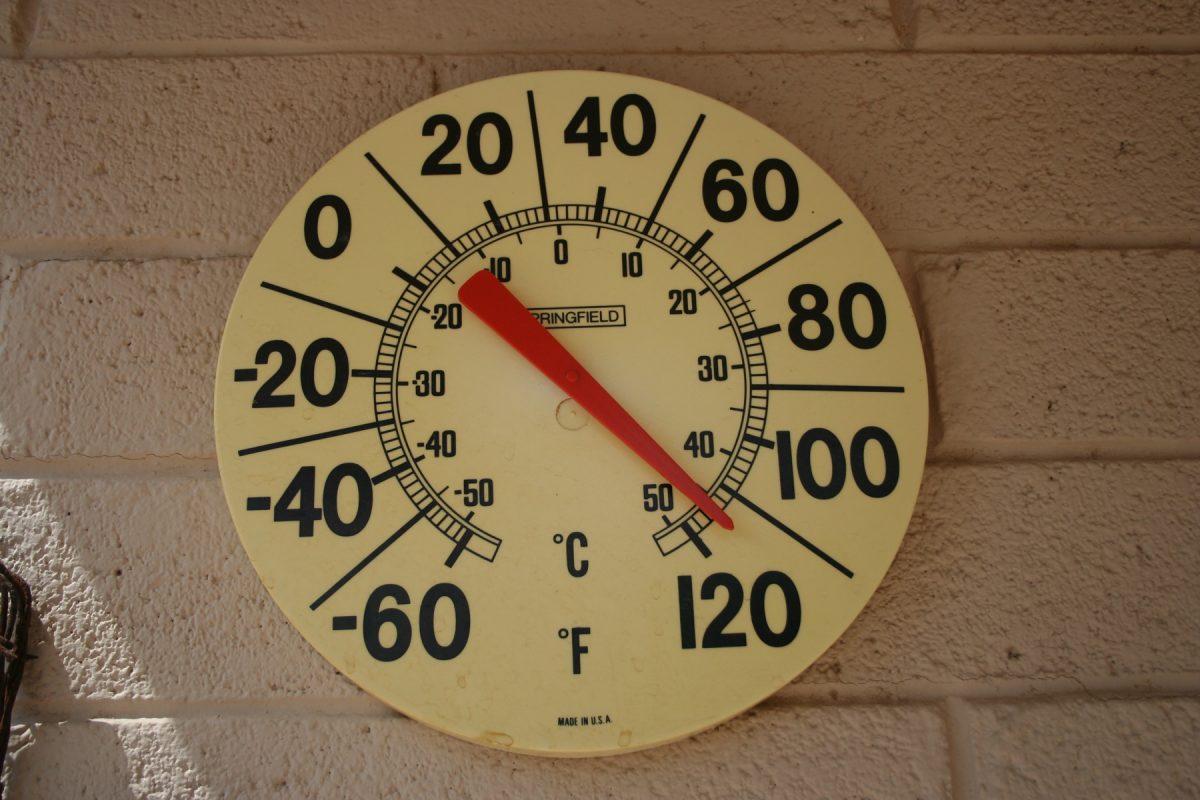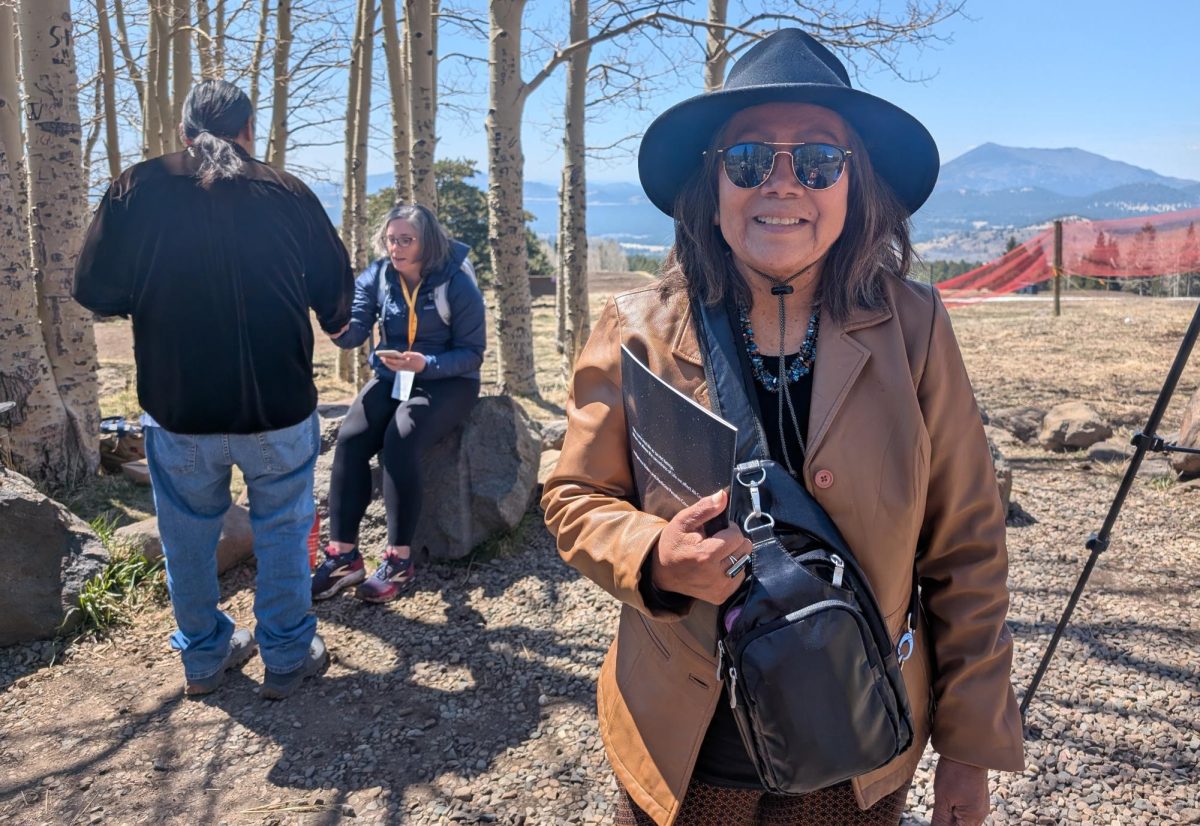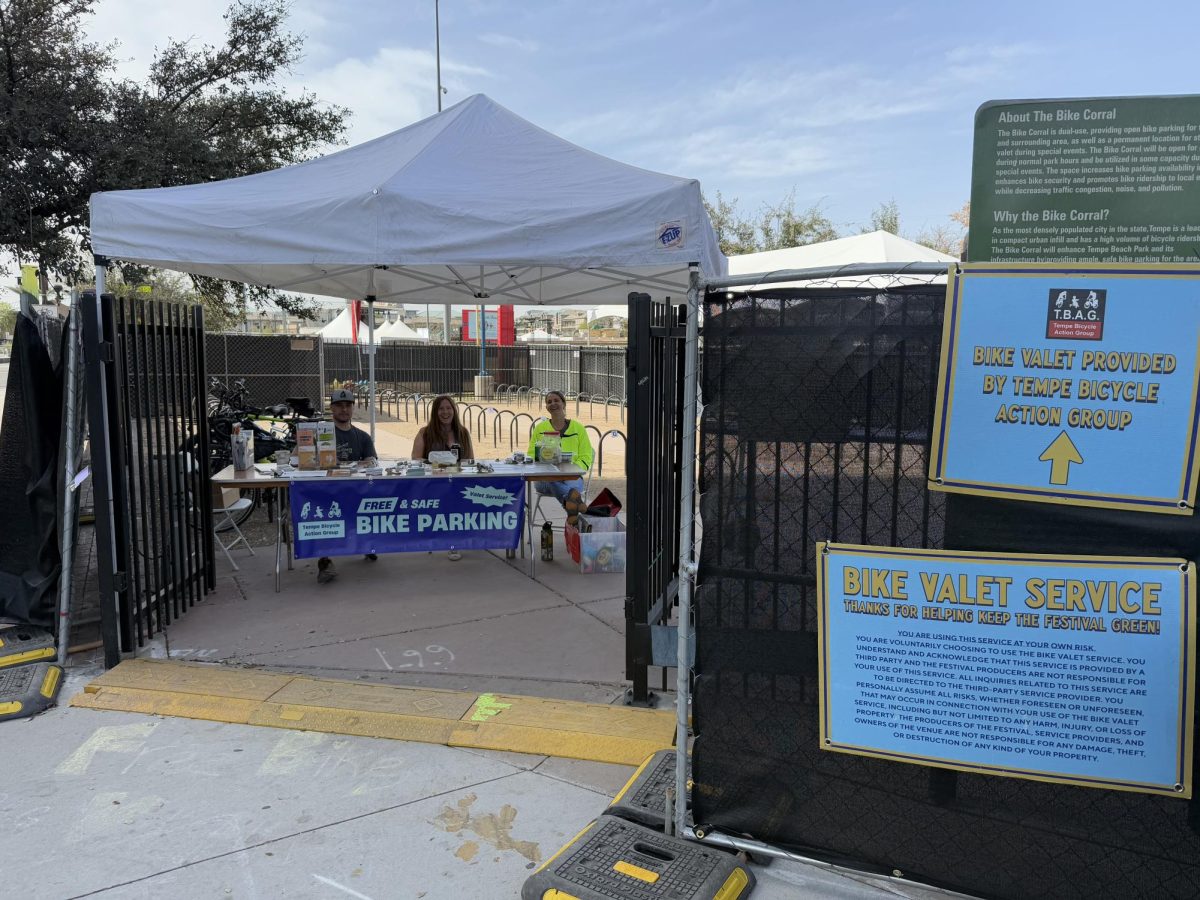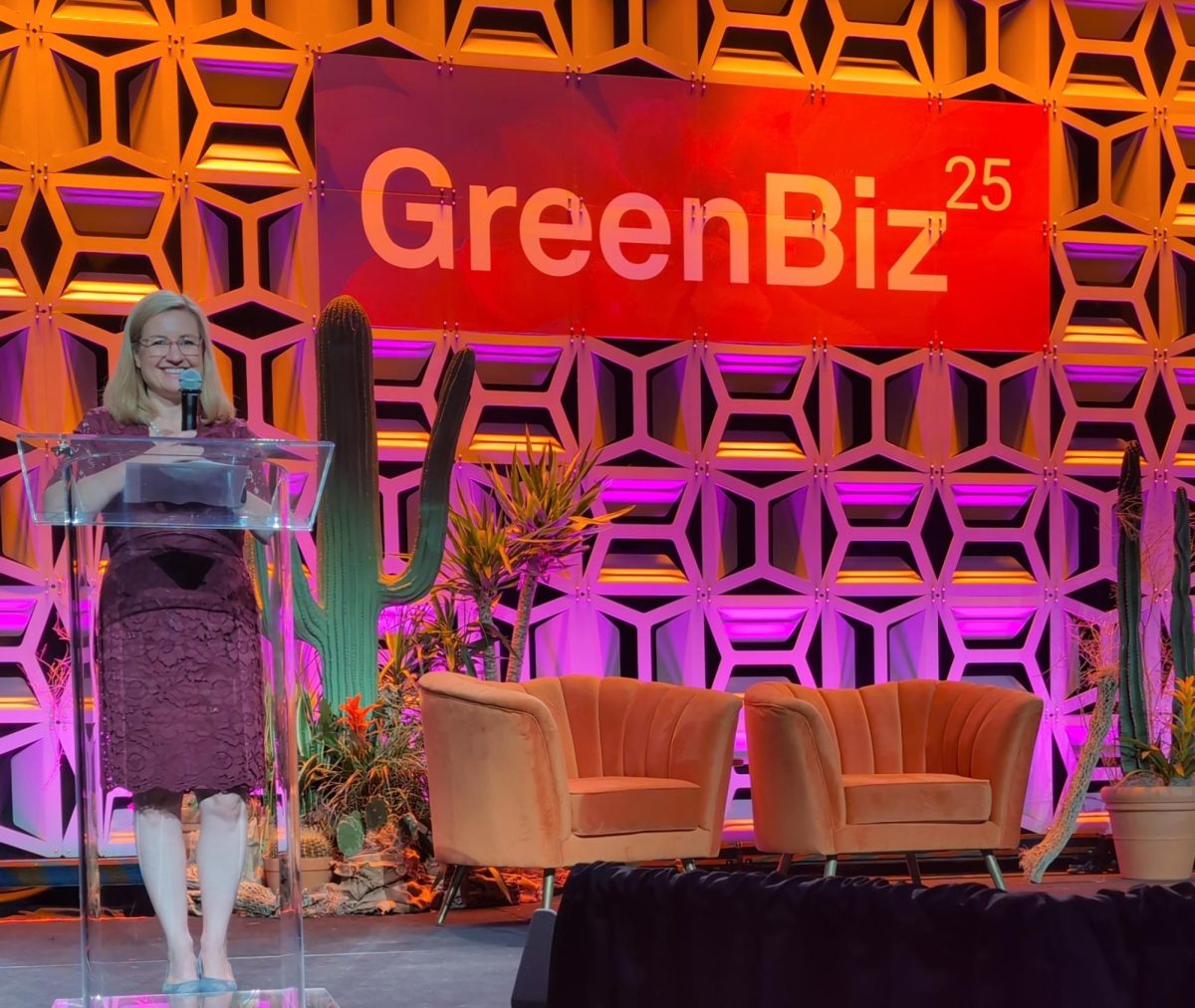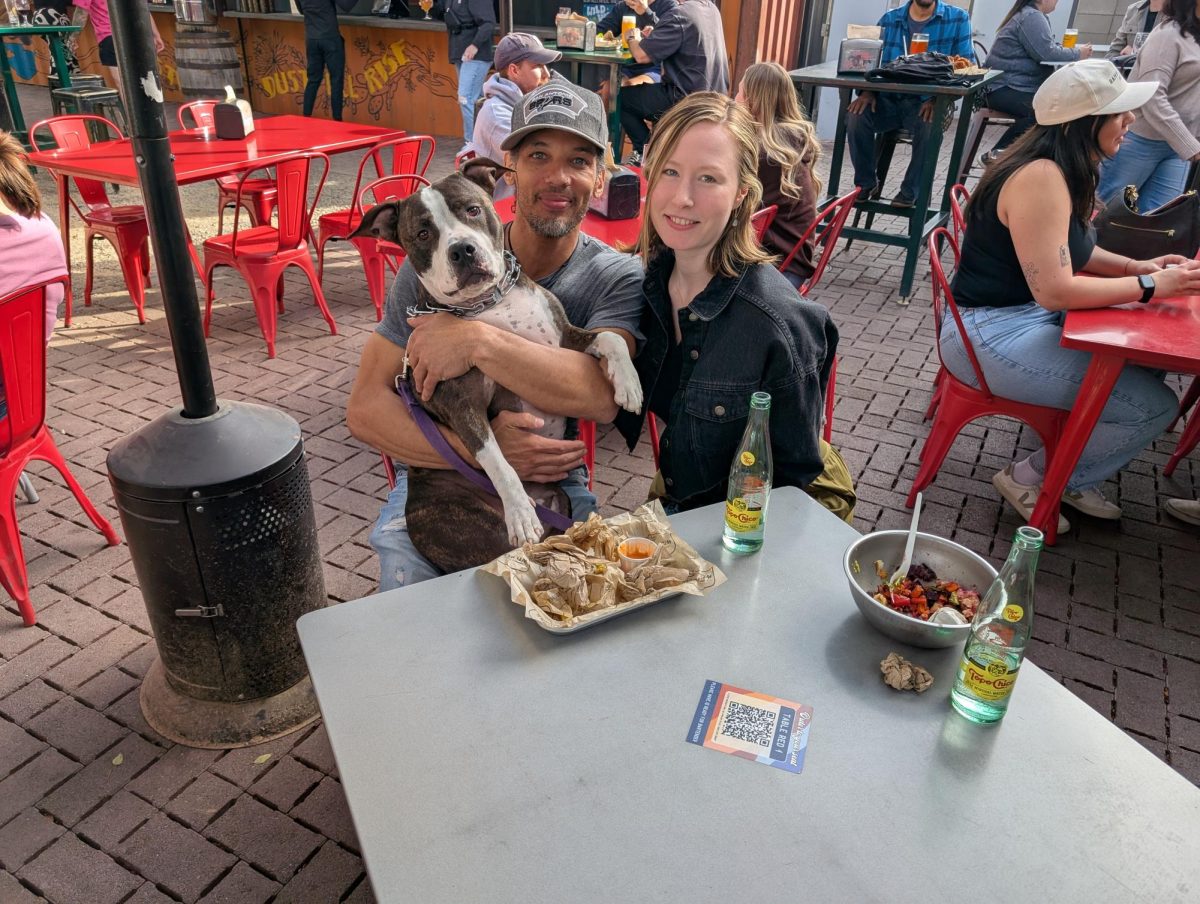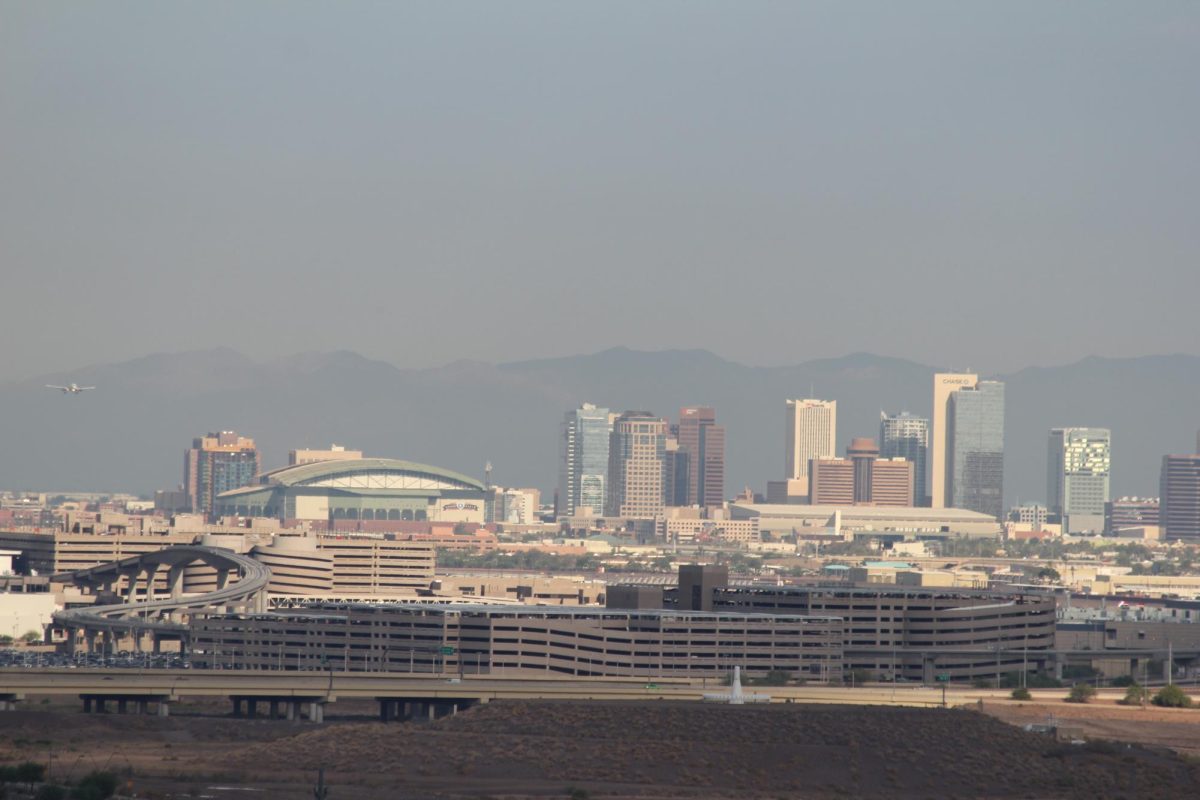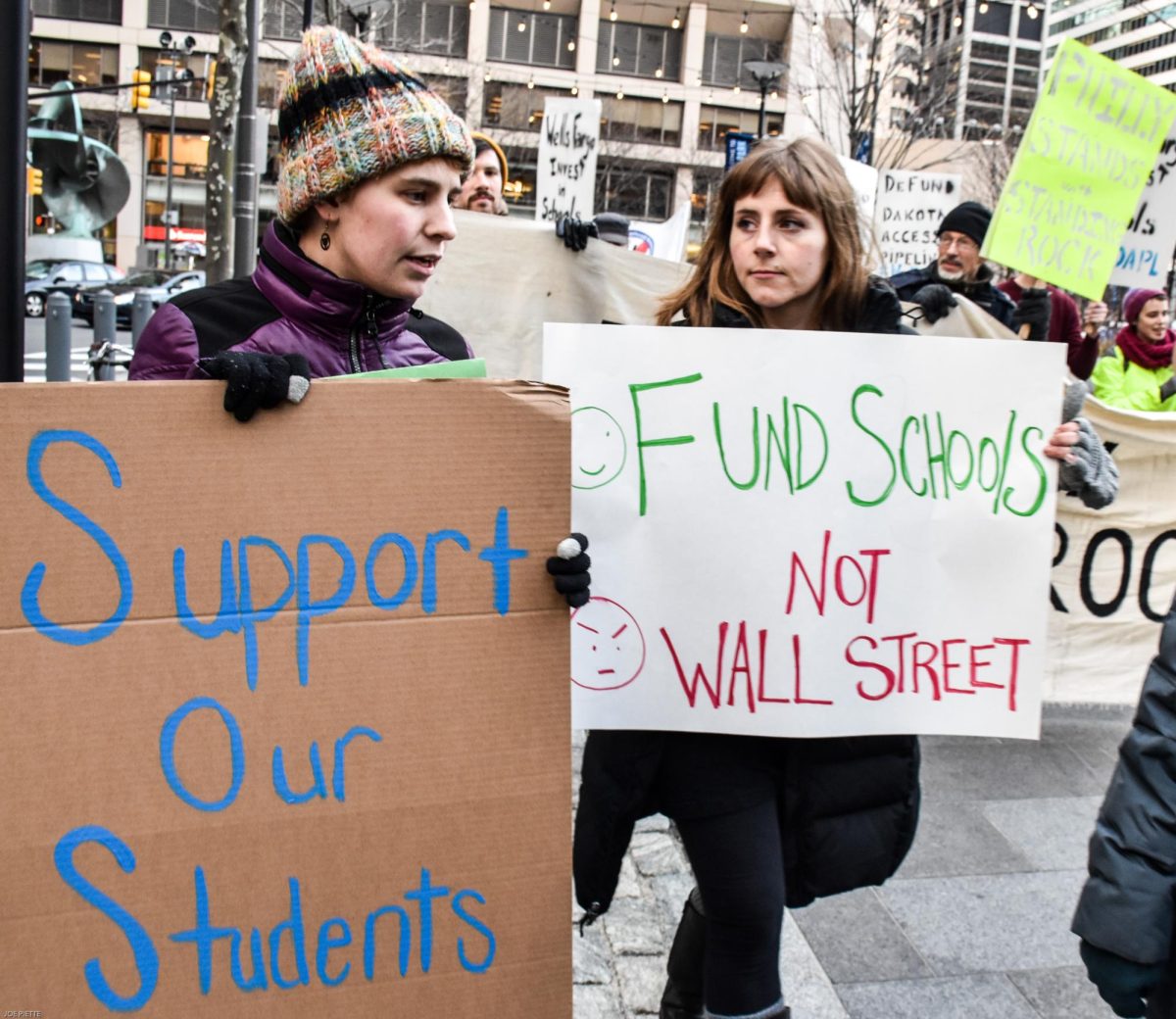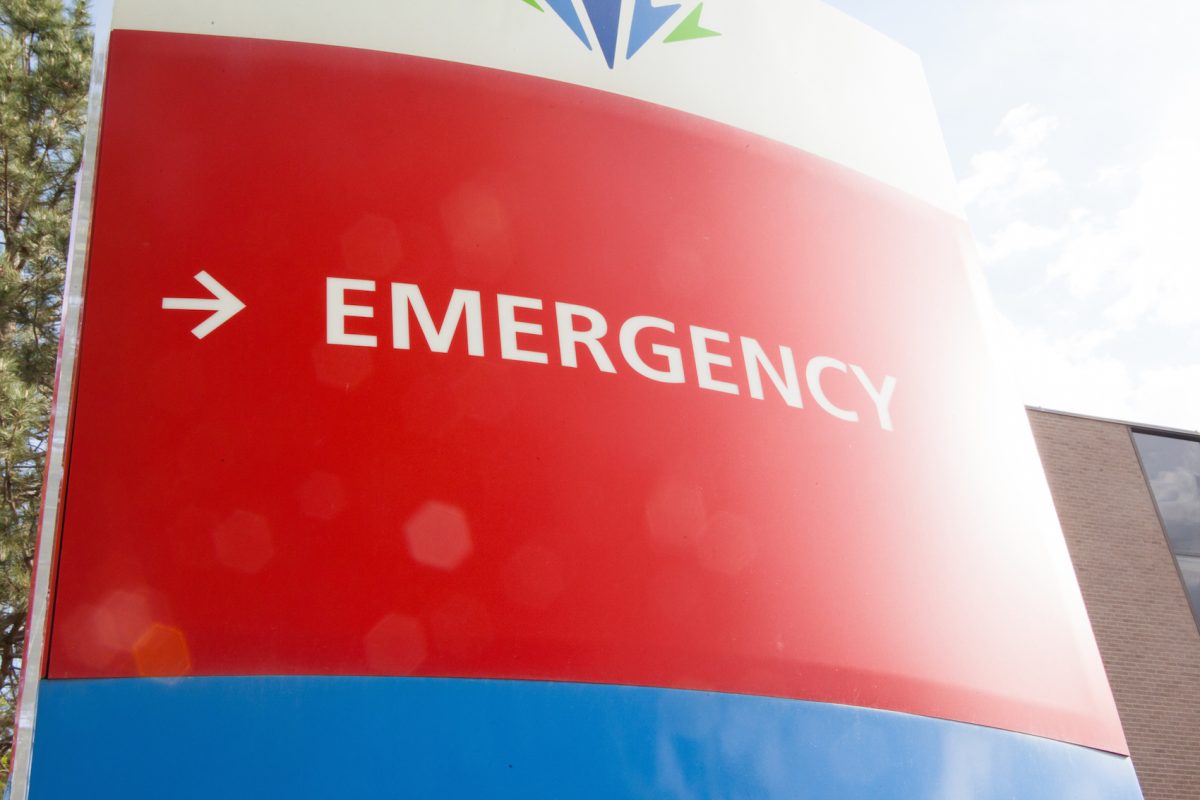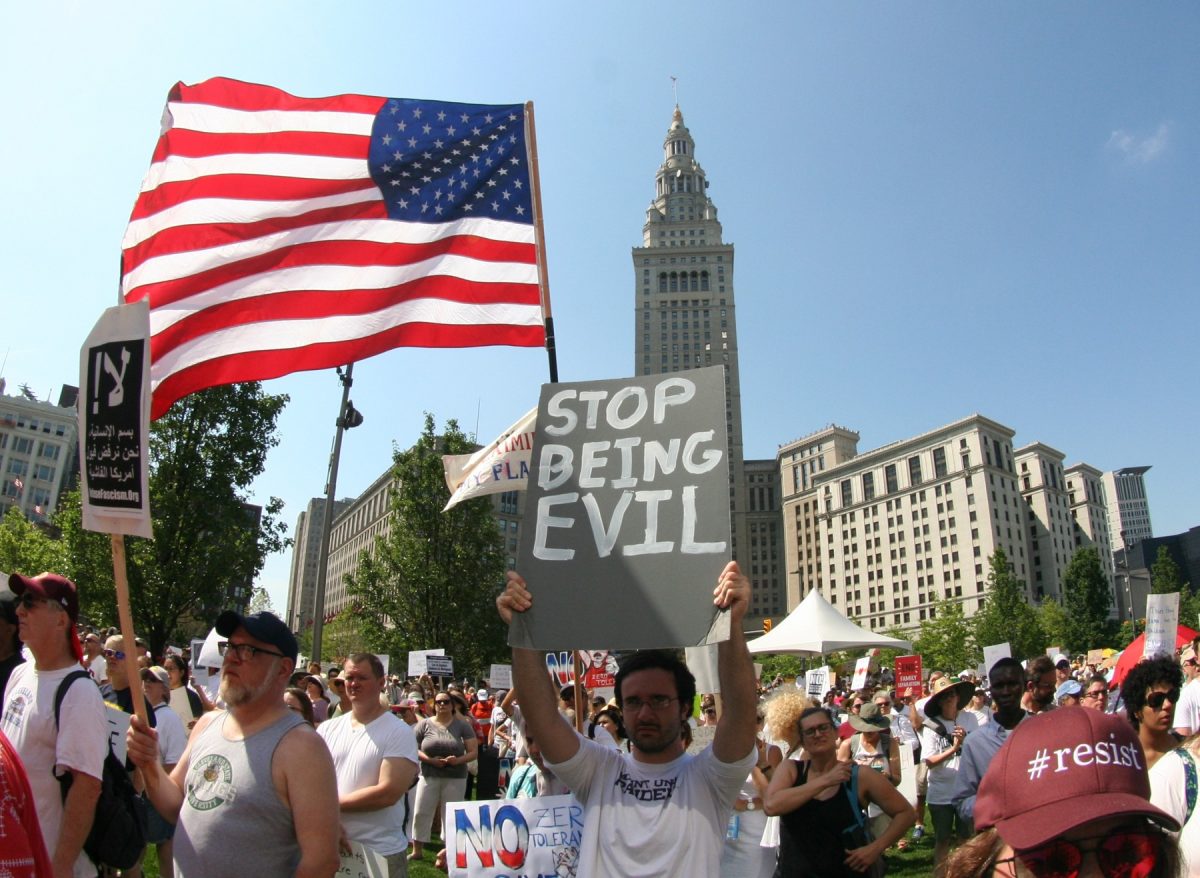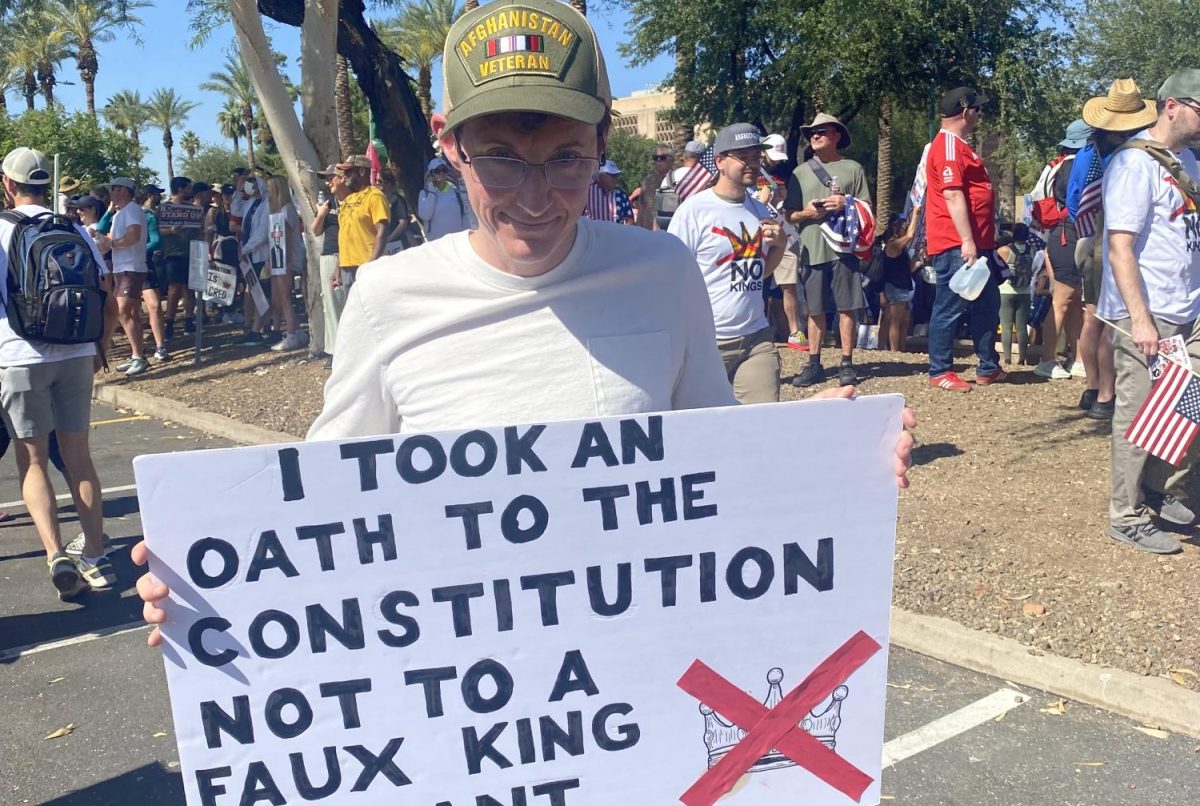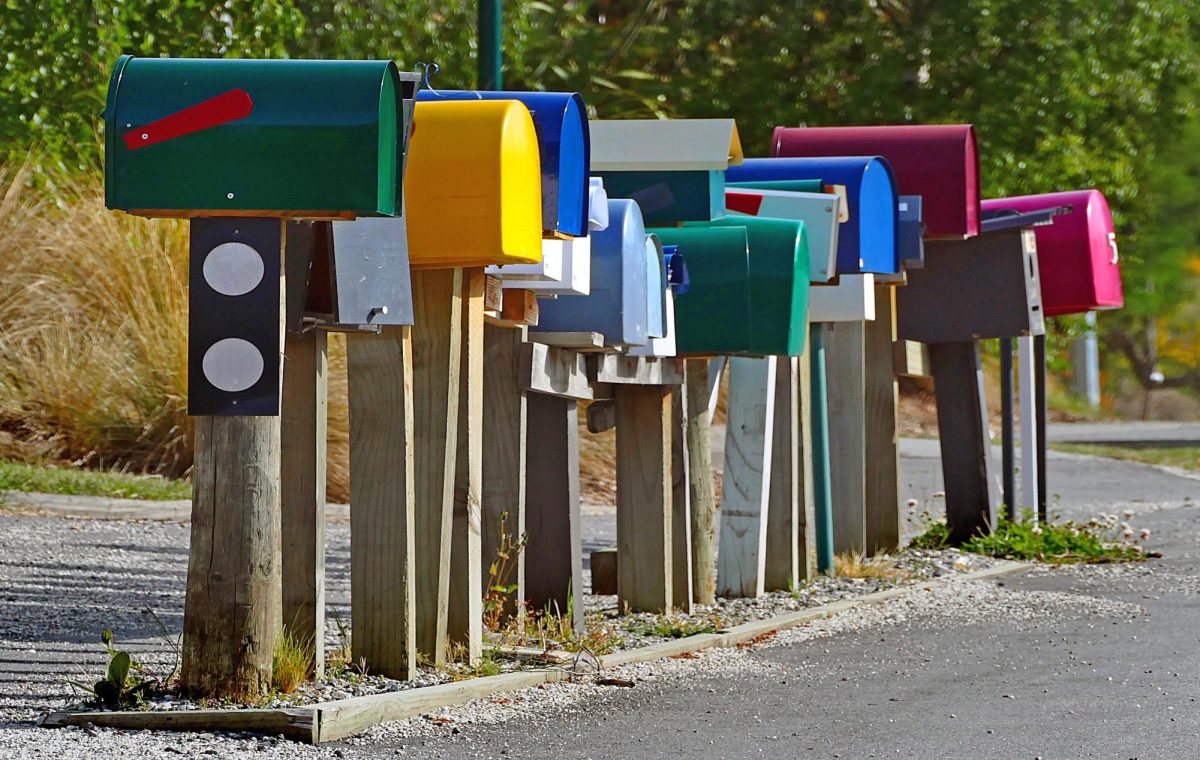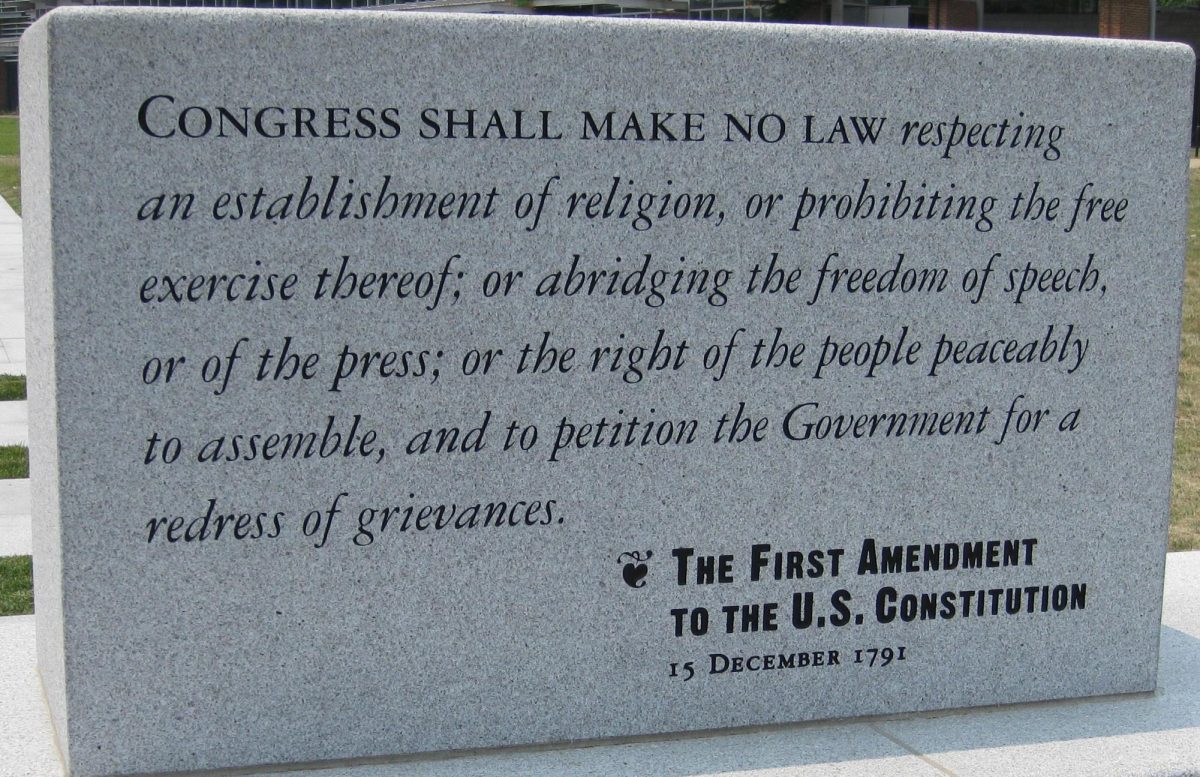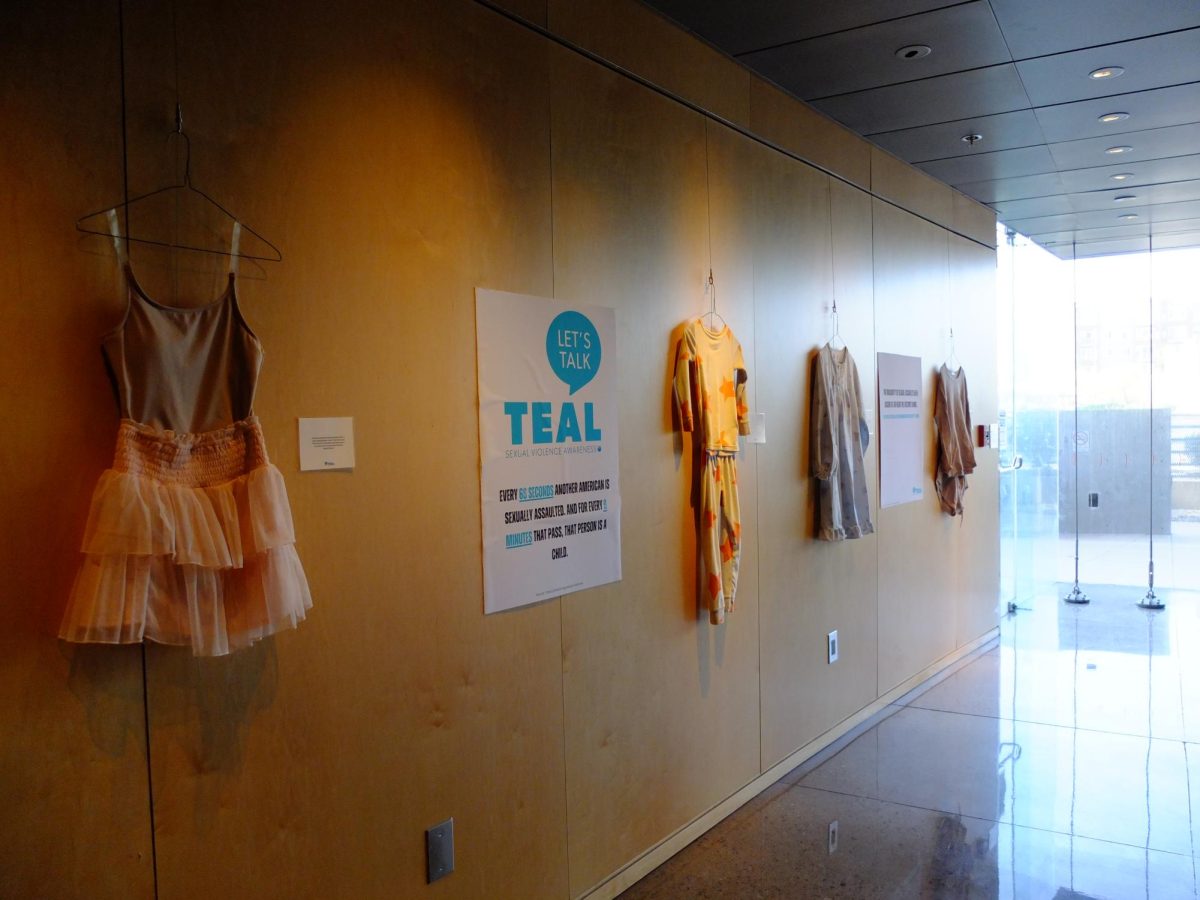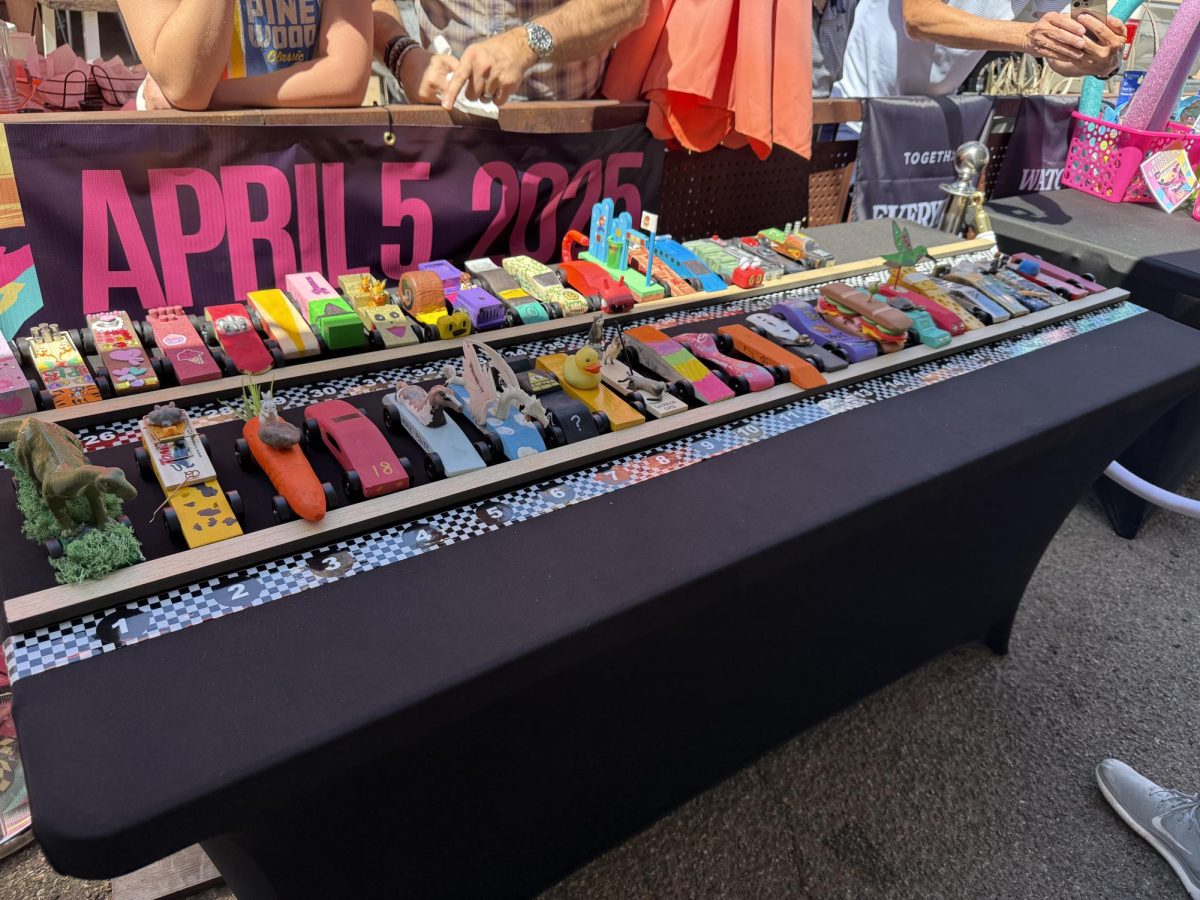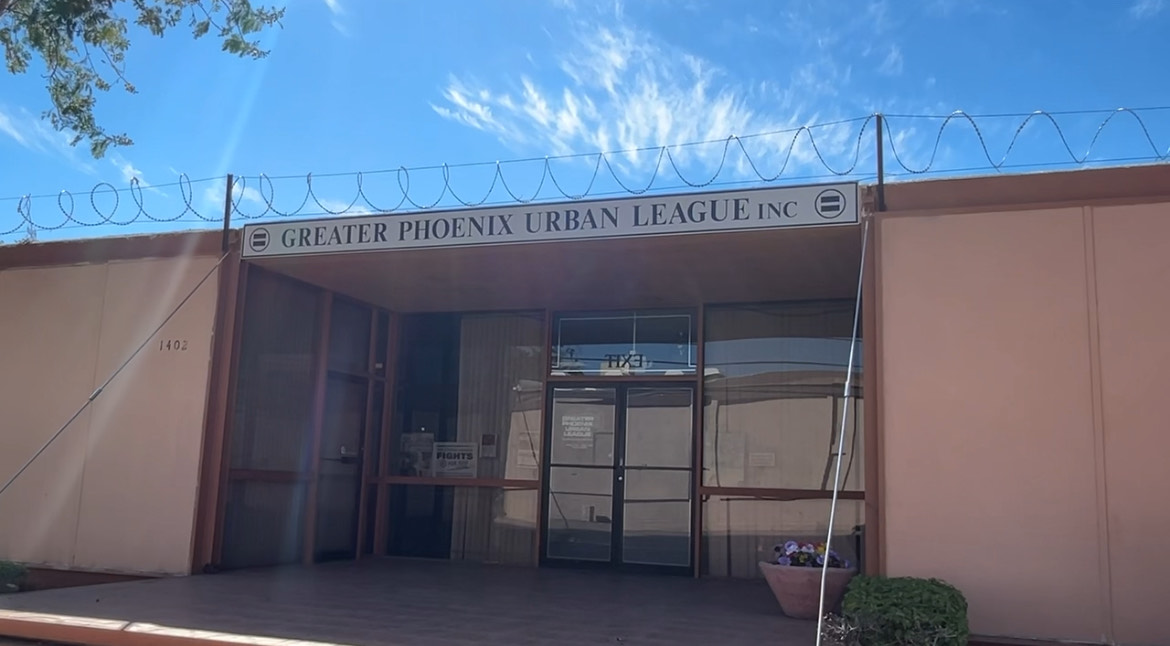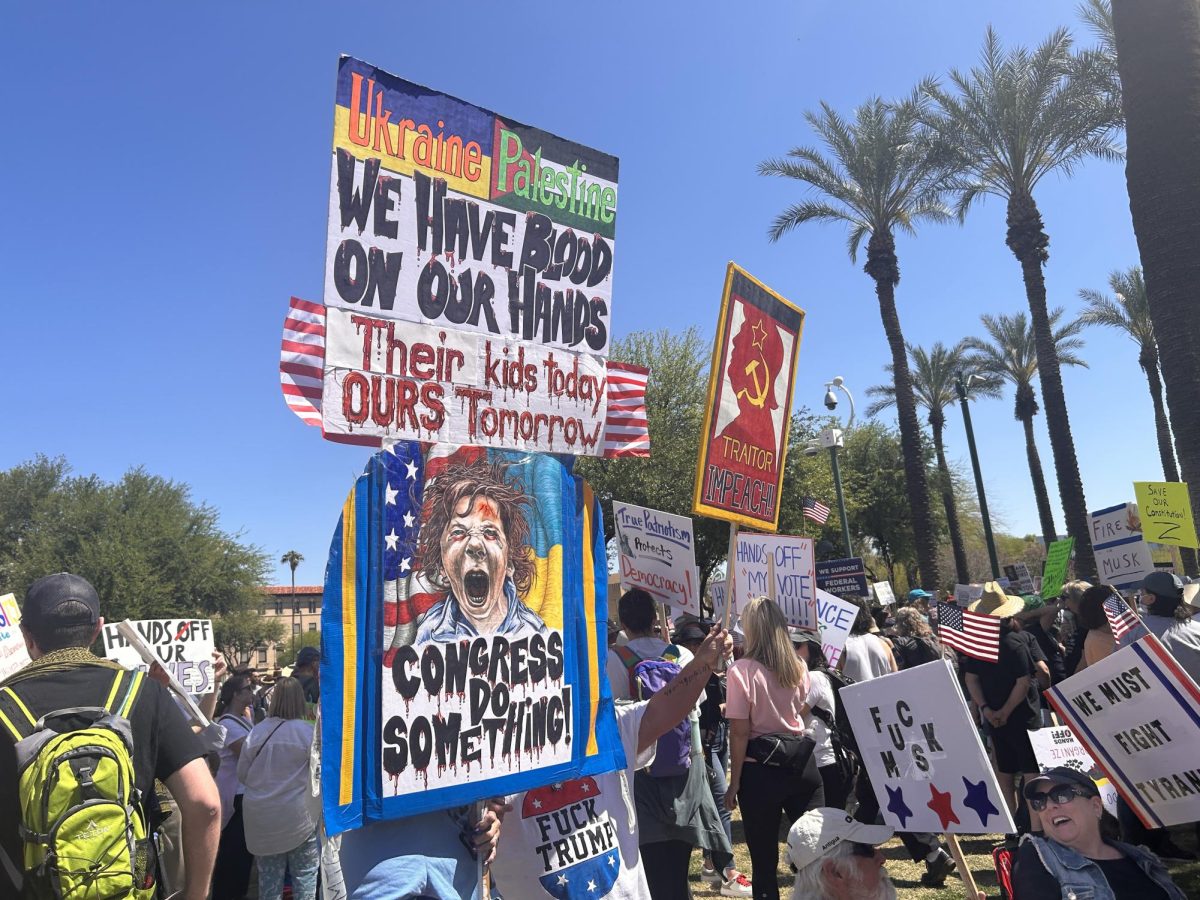Following Phoenix’s record-breaking summer heat in 2024, Arizona State University is spearheading a $5 million project to increase shade coverage and create green jobs across the Valley.
The Greater Phoenix Urban Forestry Accelerator, funded by the USDA Forest Service Urban and Community Forestry Program through the Justice40 Initiative, aims to create customized community forestry plans through neighborhood-based workshops.
The three-year initiative brings together ASU researchers, local municipalities, businesses, and nonprofits to tackle the city’s growing heat crisis.
Phoenix endured 113 consecutive days of 100-degree temperatures last year, contributing to 466 confirmed heat-related deaths.
Reportedly, neighborhoods with robust tree coverage can be as much as 10 degrees cooler during the day and even more at night, highlighting the crucial role of urban forestry in heat mitigation.
The program will focus on six specific Phoenix metro neighborhoods, including Lindo Park West, Lindo Park East, the light-rail corridor along Central Avenue up to the Salt River, and Mountain View Park neighborhood.
Bartlett Tree Experts is partnering with Unlimited Potential to develop a desert-adapted arboriculture curriculum in Spanish, addressing the need for bilingual professionals in the industry.
The program will include five 1.5-day training labs as part of this initiative.
The project aims to create comprehensive pathways into urban forestry careers, as reported by both sources. This includes 144 paid learning opportunities in both English and Spanish, plus 67 paid internships in green jobs.
Participants can pursue careers as gardeners, landscape technicians, horticulturists, tree workers, water conservation technicians, and arborists.
Inside Climate News reports that Phoenix’s Office of Heat Mitigation has committed $60 million to plant 27,000 trees over the next five years. However, the program’s federal funding faces uncertainty as the incoming Trump administration has indicated plans to roll back climate-related spending.
The initiative emphasizes both environmental and social equity goals, focusing on communities most impacted by heat and those lacking existing green infrastructure. Workshop discussions will cover neighborhood priorities, public plant-able areas, shade coverage, irrigation, stormwater management, and long-term tree maintenance.
The program is currently active in Phoenix, Tempe, Guadalupe, and Mesa, with the first group of 30 community members set to begin training courses this month.


